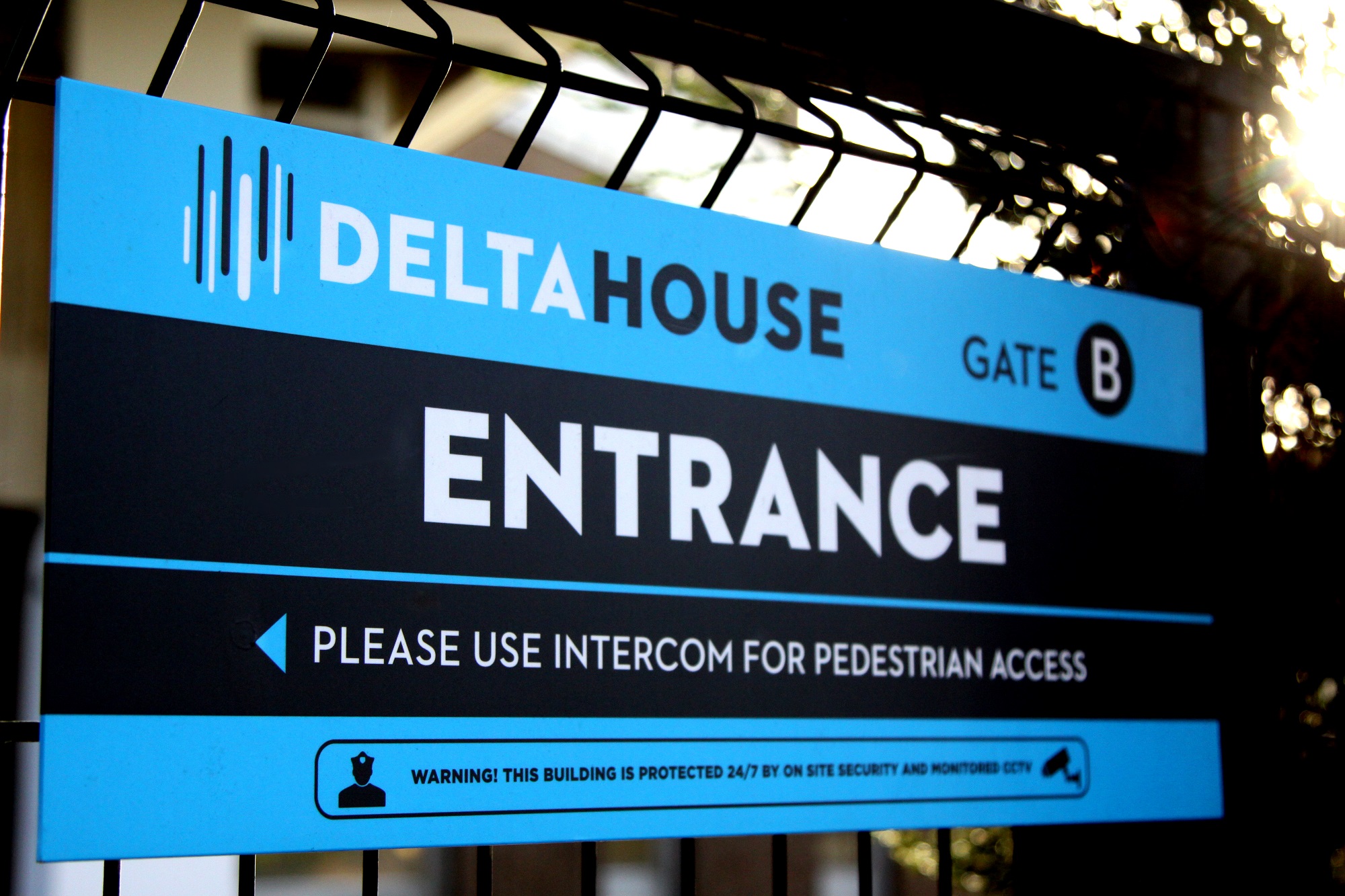
Designed to strengthen national cyber defences and protect critical services, the Bill introduces stricter security obligations, enhanced incident reporting requirements, and tougher regulatory oversight.
For Managed Hosting Providers, meeting the highest of compliance standards is an opportunity to differentiate through proactive cyber risk management. By integrating continuous pen testing across networks, web applications, and APIs, providers can prove resilience, build trust, and win new business in an increasingly security-conscious market.
The Cyber Security and Resilience Bill: What It Means for Managed Hosting Providers
The UK government has shown a critical need to modernise cyber security regulations and enhance resilience across key industries. The Cyber Security and Resilience Bill, introduced in the King’s Speech, expands on existing legislation (such as the NIS Regulations) and is expected to impose:
- Stronger Cyber Resilience Measures
Managed Hosting Providers must continuously assess and mitigate cyber risks, rather than relying on periodic audits. - Enhanced Threat Detection and Incident Reporting
Providers will face stricter obligations to detect, report, and respond to cyber threats faster than ever before. - Stricter Supply Chain Security
Hosting providers must ensure their entire ecosystem, including third-party software, cloud integrations, and data centre partners, adheres to robust security standards. - Greater Accountability and Financial Penalties
Non-compliance will lead to fines, reputational damage, and potential loss of contracts with regulated clients.
Why Continuous Pen Testing Helps to Meet These New Standards
Annual or ad-hoc penetration tests may satisfy traditional compliance requirements, but they do not address the dynamic, evolving nature of cyber threats. The Cyber Security and Resilience Bill demands ongoing proof of security effectiveness, making continuous pen testing a critical strategic asset.
- Real-time Vulnerability Discovery
Continuous pen testing finds and confirms exploitable vulnerabilities across networks, web applications, and APIs, reducing exposure time. - Proof of Compliance
Security teams can provide real-time evidence of proactive risk management, ensuring they meet the Bill’s stricter reporting and auditing standards. - Stronger Incident Response
Frequent security validation enables Managed Hosting Providers to detect and remediate threats faster, ensuring they follow new incident reporting time limits. - Supply Chain Assurance
Continuous testing extends beyond internal systems, ensuring third-party integrations and vendors meet security expectations. - Competitive Differentiation
Proactive security allows Managed Hosting Providers to position themselves as trusted partners, appealing to customers in regulated industries that demand strong cyber security assurance.
Competitive Advantages of a Proactive Cyber Risk Strategy
Forward-thinking Managed Hosting Providers who embrace continuous pen testing will benefit from:
- Increased Customer Trust
Organisations increasingly select providers based on security transparency. Demonstrating real-time risk management, reassures clients that their data and services are protected by proactive security measures, not just compliance-driven audits. - Differentiation in a Crowded Market
With compliance standards tightening, Managed Hosting Providers who go beyond the minimum requirements and offer continuous security validation as part of their service portfolio will stand out from competitors still relying on static security assessments. - Reduced Compliance Burden
The Bill introduces tighter reporting timelines and stricter oversight. Continuous pen testing simplifies compliance by providing always up-to-date vulnerability reports, real-time evidence of security controls in action, and tailored documentation for regulatory audits. - Lowered Risk of Fines and Legal Action
With financial penalties looming for non-compliance and security failures, continuous security testing helps providers mitigate financial and reputational risks. By finding and resolving vulnerabilities before attackers exploit them, Managed Hosting Providers reduce the likelihood of breaches, downtime, and regulatory action.
How Managed Hosting Providers Can Implement Continuous Security Validation
Adopting continuous pen testing requires a strategic shift from reactive to proactive security. Here’s how hosting providers can integrate it into their security framework:
- Adopt a Continuous Pen Testing Service
Pen Testing monthly across networks, web applications, and APIs significantly improves the likelihood of proven security weaknesses being tackled before they become incidents. - Test Third-Party Integrations and Supply Chains
Assess vendor software, plugins, and API connections to prevent supply chain attacks. - Integrate Testing with Compliance Reporting
Provide real-time security insights to prove compliance with the Cyber Security and Resilience Bill. - Automate Remediation Workflows
Use actionable insights from your continuous pen testing process to prioritise and remediate high-risk vulnerabilities before they lead to breaches or service disruptions. - Educate Clients on Security Best Practices
Offer security reports, recommendations, and training to customers, reinforcing trust and transparency.
Future-Proofing Managed Hosting with Continuous Pen Testing
The Cyber Security and Resilience Bill will soon raise the bar for managed hosting security, but those who prepare in advance can turn these changes into a competitive advantage.
By embracing continuous pen testing, Managed Hosting Providers can:
- Meet and Exceed Regulatory Security Requirements
- Prove their Cyber Resilience with Real-time Security Validation
- Win Business by Offering Demonstrably Secure Infrastructure
By prioritising resilience and trust, providers can turn these new requirements into a competitive advantage.









